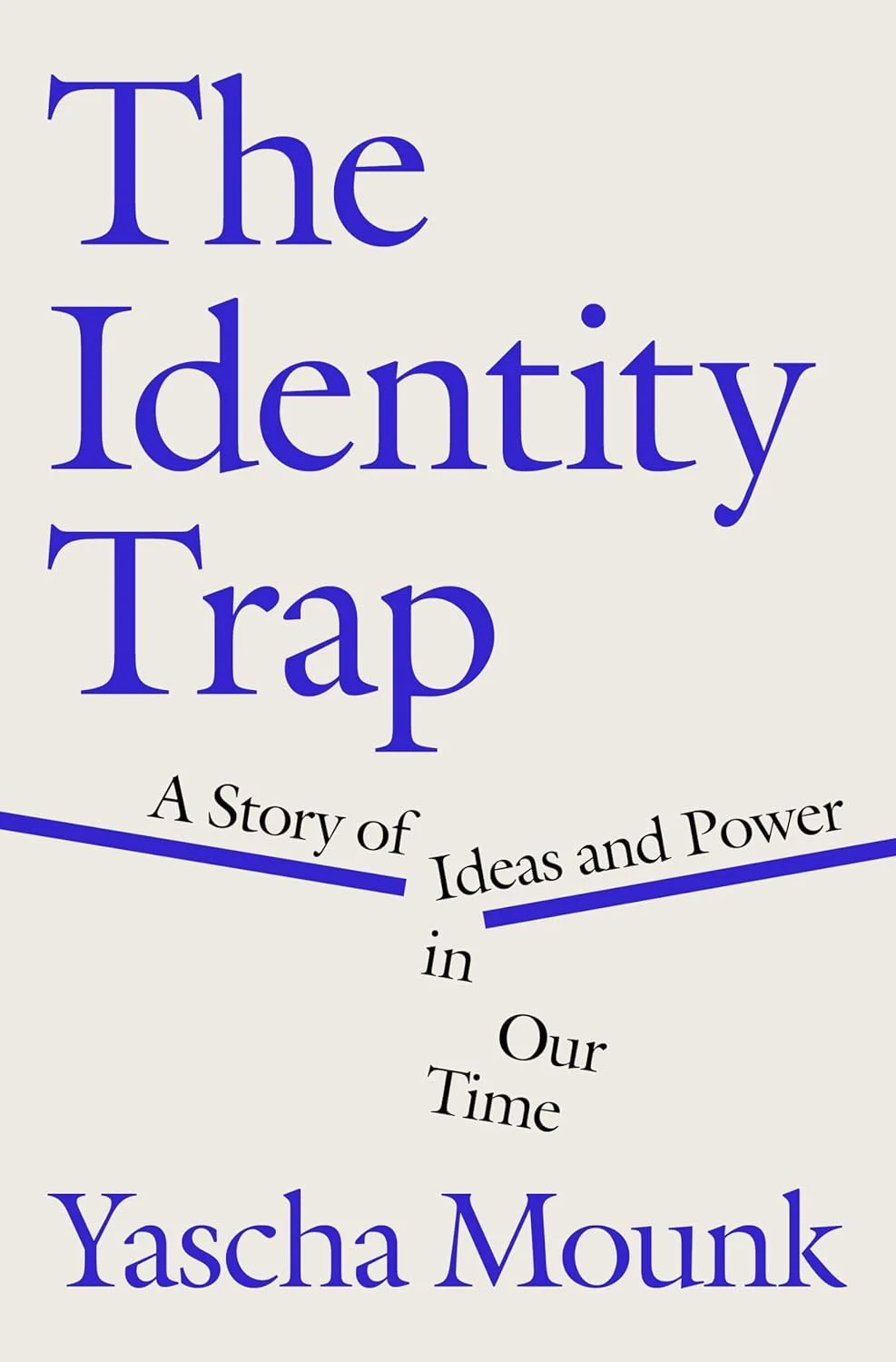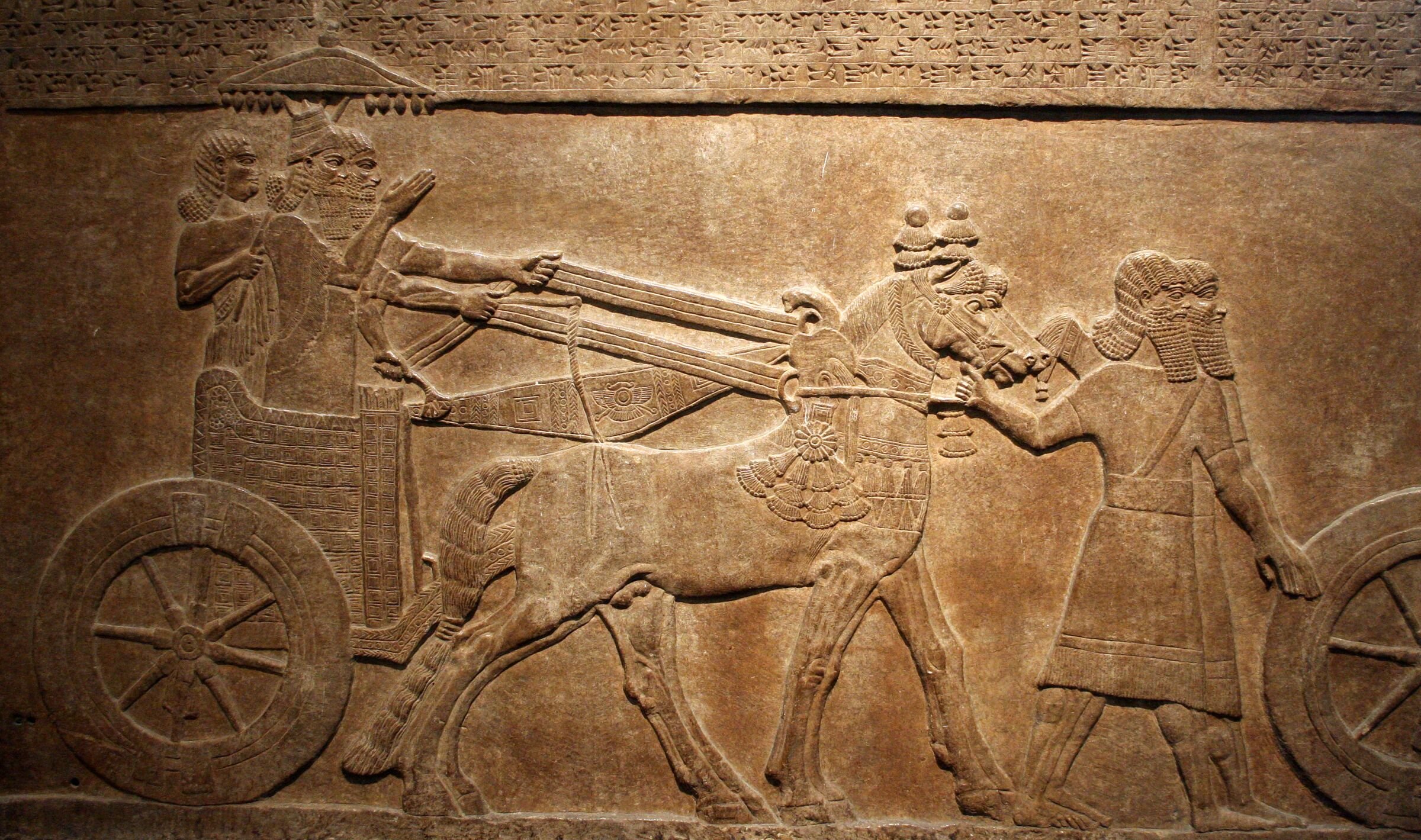On a Recent Edition of Frankenstein
There are so many books coming out that it is sometimes hard to keep up. And yet, there are many very good books that have been deemed classics that I have yet to read. In general, like many people, I probably invest too much time in the latest books, usually non-fiction, to the detriment of my exposure to well-weathered literature.
Karen Swallow Prior has been working with B&H to republish a set of literary classics in lovely bindings with helpful introductions and annotations to help contemporary readers access some good books from our literary past. So far the set includes Sense and Sensibility, Jane Eyre, Heart of Darkness, and Frankenstein. The general approach of the set has fit well with Prior’s earlier volume, On Reading Well, which encourages reading good literature for its ability to make us think morally, not simply to check a box on the Facebook “100 books every person must read” clickbait quiz.
Recently I picked up the new edition of Mary Shelley’s Frankenstein, which is a book I had never previously read. First, it is worth noting that the physical book is a nice edition. It is a cloth hardback volume with quality paper, an easy-to-read font, with space between the lines and on the margins for notes and for the delight of the eyes. Unlike many reproduced classics, this is no cut-rate production that saps the energy through the process of trying to decipher tiny text on gray paper. Second, the introductory material is actually helpful. Too many reproduced classics have academic essays that diverge from framing the context for contemporary readers into second and third order scholarly debates that do little to help the average reader gain access to the information. Prior demonstrated restraint and focused on the most helpful bits of debate that actually pertain to the text (not its later interpretations), which makes the introduction worth reading before and after tackling Shelley’s work. Third, Prior frames the book for a Christian audience, which can be helpful. Instead of pushing the reader toward feminist interpretations or whatever neologism a particular scholar may be interested in, Prior offers some helpful points for consideration without providing the answers. Along with this, there are some reflection questions at the end of each of the three volumes of the book to encourage dialogue or reading with others.
The themes of Frankenstein are helpful for contemporary readers. Though the technology Victor Frankenstein uses to reanimate his monster is obviously fictional, it points beyond to moral questions of our own day like cloning, artificial wombs, and in vitro fertilization. Frankenstein conquers nature by “creating” life and that creature subsequently conquers him, taking away much of his joy, harming those he loves, and eventually resulting in his own death. In many ways, Shelley shows that by moving beyond the limits of nature, Frankenstein has really conquered himself. One great difference between Victor Frankenstein is that the misery caused by his invention has consequences that he himself feels, while many modern innovations externalize costs to another locality or a later generation. But a thoughtful reader may look around and wonder in what ways he or she is working to create a monster.
Readers should be grateful to Karen Swallow Prior for her work on this project and to B&H for refreshing these works of literature for contemporary readers to enjoy, discuss, and grow through. These volumes promise to be resources that can be appreciated for decades to come.






















There’s no reason to doubt that Jesus was nailed to the cross. Ultimately, I trust what Scripture says about Jesus’s crucifixion because I also trust what it says about his resurrection. And that’s what we should be celebrating this week.